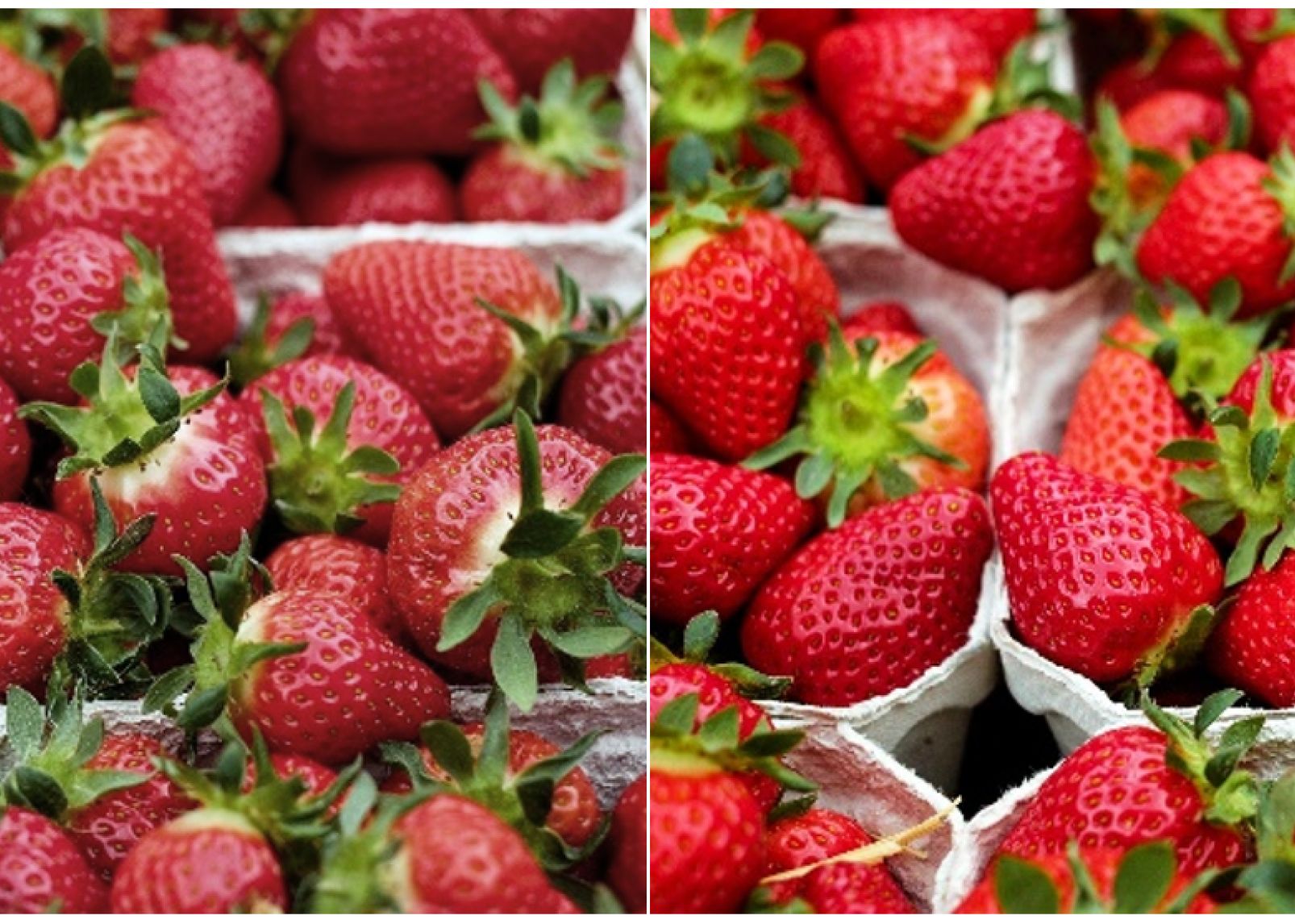Cx Associates’ work focuses on engineering services that save energy,  and thus doing our part to save the planet. All of us also have a strong personal commitment to living as sustainably as we can, recognizing that no one is perfect, and that we all do the best we can. Our employees walk or bike to work, take public transportation, compost, live in walkable neighborhoods, drive efficient cars, and recycle.
and thus doing our part to save the planet. All of us also have a strong personal commitment to living as sustainably as we can, recognizing that no one is perfect, and that we all do the best we can. Our employees walk or bike to work, take public transportation, compost, live in walkable neighborhoods, drive efficient cars, and recycle.
There’s one other very easy way that anyone who is interested in living sustainably can add to what they are already doing to further help the environment: eat less meat.
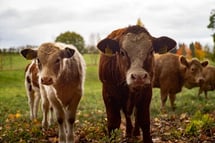 I’ve been a vegetarian for 26 years. I was originally turned off by meat after learning about the inhumane practices of factory farming. As I continued to learn more about what it takes to produce hamburgers, chicken breasts, and fish fillets, I was ever more assured of my choice to not eat meat – not only is meat-eating contributing to needless animal suffering, but it’s also killing the planet and is unsustainable.
I’ve been a vegetarian for 26 years. I was originally turned off by meat after learning about the inhumane practices of factory farming. As I continued to learn more about what it takes to produce hamburgers, chicken breasts, and fish fillets, I was ever more assured of my choice to not eat meat – not only is meat-eating contributing to needless animal suffering, but it’s also killing the planet and is unsustainable.
One Simple Change for the Environment
If you can make one single change today that will have the biggest positive environmental impact, that change is to eat less meat.
Consider the following:
- Red meat such as beef and lamb is responsible for 10 to 40 times as many greenhouse gas emissions as common vegetables and grains. (Source: Scientific American)
- One serving of beef consumes 6.61 pounds of CO2 compared to 0.11 pounds of CO2 for a serving of rice. (Source: Heller, M. and G. Keoleian. [2014] “Greenhouse gas emissions estimates of U.S. dietary choices and food loss.” Journal of Industrial Ecology, 19 (3): 391-401.)
- “A vegan diet is probably the single biggest way to reduce your impact on planet Earth, not just greenhouse gases, but global acidification, eutrophication, land use and water use … It is far bigger than cutting down on your flights or buying an electric car.” (Source: Researcher Joseph Poore, Department of Zoology / School of Geography and Environment, University of Oxford, quoted in The Guardian.)
- 1 pound of beef requires 1,799 gallons of water, which includes irrigation of the grains and grasses in feed, plus water for drinking and processing. (Source: LA Times)
- For comparison, 1 pound of wheat requires 132 gallons of water. (Source: LA Times)
After 26 years, I certainly do not miss meat. But I get it, giving up meat would be a big change for a lot of people. And people who live in food deserts – who are typically lower income and may not have the same resources as I – as well as people with certain dietary restrictions, may not be able to remove meat from their diets. But for many people, you can still make a difference with only a small change!
Eat meat one fewer days per week than you usually do.
Switching to vegetables one day per week cuts the equivalent of driving 1,160 miles per year.
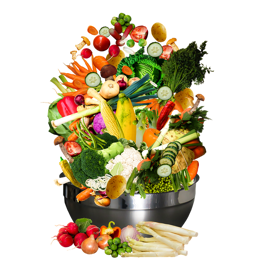 “Well,” you might say, “What about locally and humanely raised meat? Doesn’t that solve the problem?”
“Well,” you might say, “What about locally and humanely raised meat? Doesn’t that solve the problem?”
Eating More Plant-Based Foods Has Never Been Easier
Luckily, it’s never been easier to eat less meat! Meet the Impossible Burger. Founded in 2011 by scientist and researcher Dr. Patrick Brown with the mission to “drastically reduce humanity’s destructive impact on the global environment by completely replacing the use of animals as a food production technology,” Impossible Foods has created a plant-based burger that looks, feels, and tastes more like real meat. In this Medium post, Brown goes on to explain that “The destructive impact of animal agriculture on the global environment far exceeds that of any other technology on Earth. The greenhouse gas footprint of animal agriculture rivals that that of every car, truck, bus, ship, airplane, and rocket ship combined. Animal agriculture pollutes and consumes more water than any other industry.”
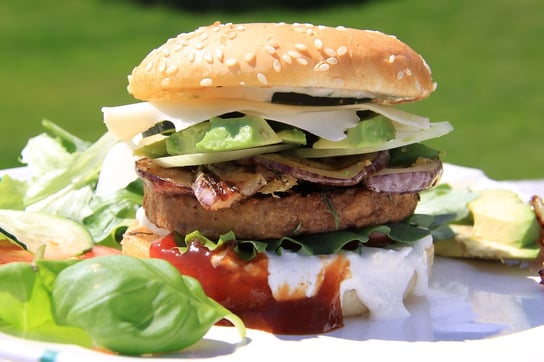
The Impossible Burger is scaling up. In fact, you can now find it on the menus of thousands of restaurants in the United States, including many White Castle and Burger King locations (as well as at some major league ballparks) – something that would have been unthinkable 26 years ago when I first gave up meat. And of course, there are now plenty of other meat alternatives for cooking at home.
You don’t have to quit eating meat completely! Just try eating less of it – you will be doing the earth a favor.
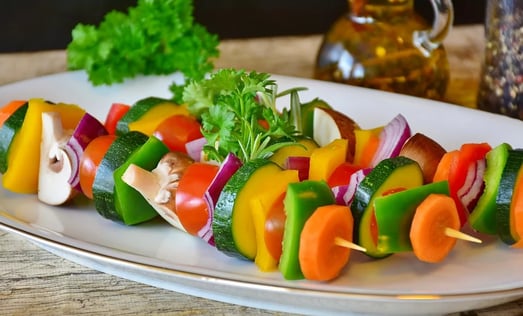
Resources:
Carbon Footprint Factsheet: http://css.umich.edu/factsheets/carbon-footprint-factsheet
Meat-Free Mondays: https://www.meatfreemondays.com/

